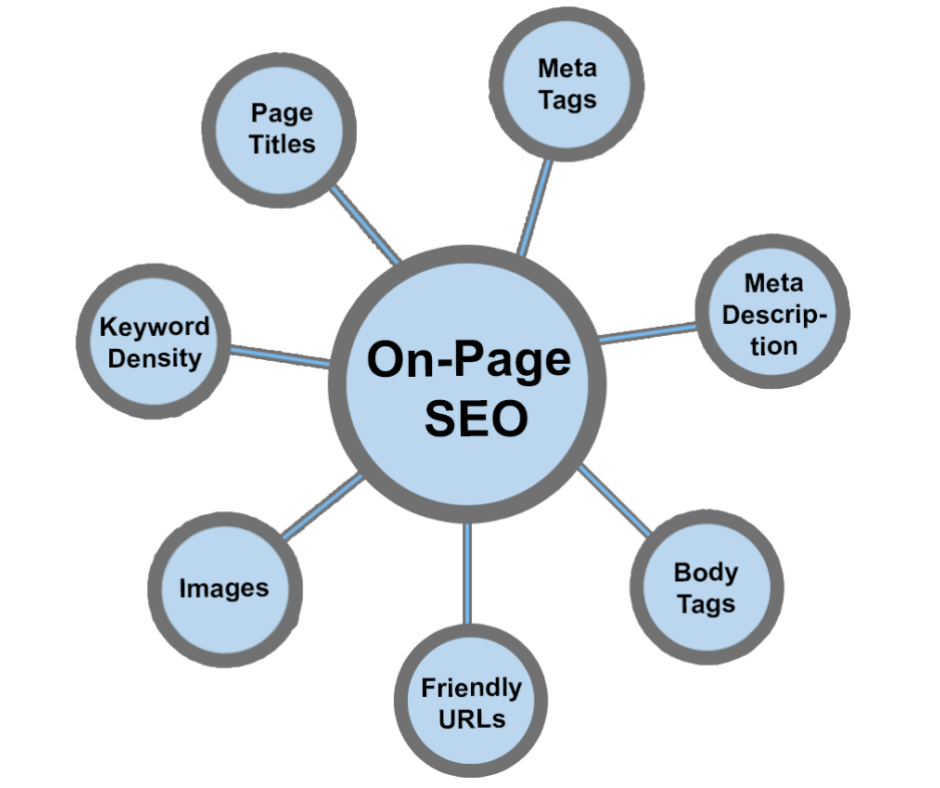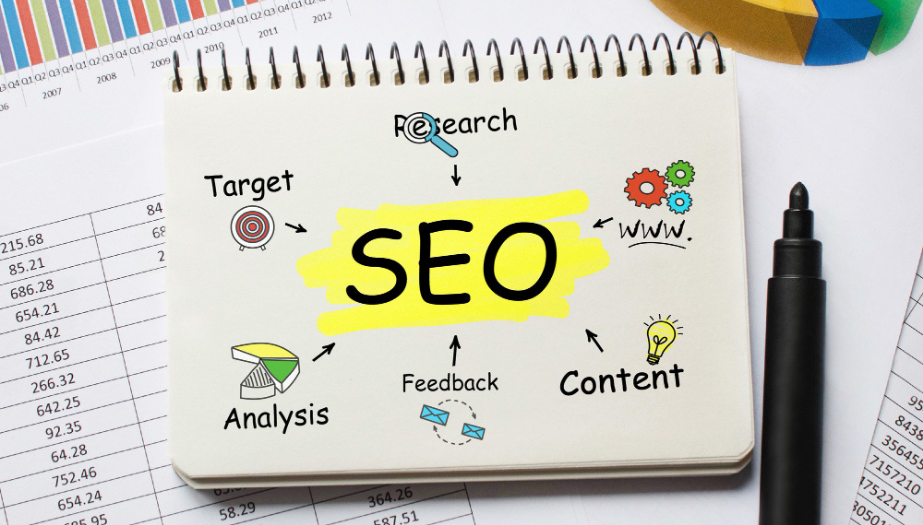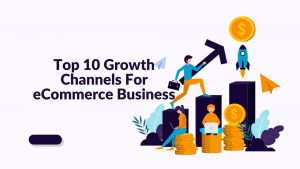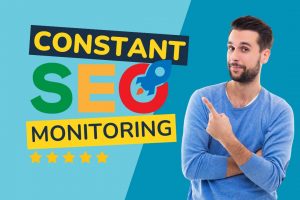One of the most crucial parts of achieving higher rankings in a search engine is Onpage SEO Techniques. Whatever your business is, using some best practices of Onpage SEO is essential for both search engines and users. Just think you are giving the best effort on all aspects of SEO strategies like keyword research, technical SEO, link building except on-page SEO. What will happen? Your ultimate effort won’t work because search engine crawlers can’t understand the context of your web pages. That’s the reason on-page SEO is really important to us.
In this article, we’ll help you to learn about the 5 best Onpage SEO techniques you can’t ignore for getting success. We’ll also cover some basic information to move forward.
Let’s get started.
What Is On-Page SEO?
On-page SEO is the process of optimizing a page, content, and overall structure of a website for both users and search engines. It’s also known as on-site SEO which helps to improve search rankings and earn organic traffic along with other SEO factors. But there is a little difference between on-page and on-site SEO.
Generally, on-page SEO is the activity of improving a single web page (content optimization, metadata, title tag) while on-site SEO is referred to optimize the whole website (All page’s on-page SEO, SSL installation).
So, you can also say, on-page SEO is a part of on-site SEO.
Why is On-Page SEO Important?
Most people are searching to know any information on search engines like Google and Bing. Search engines are updating their algorithm every now and then to give the best possible result of a user’s search query. Based on the user’s search intent, Google shows some web pages by analyzing various factors. Here, on-page SEO plays a crucial role.
On-page SEO helps search engines to understand a page or content what It is actually about. Search engine crawlers are indexing web pages with specific keywords and give priority to the user on what type of content they are actually looking for. Apart from off-page SEO, You have the full control to optimize a web page by targeting one or more relevant specific keywords. The better you can optimize, the higher chance of increasing your search visibility.
Moreover, properly optimized websites will work efficiently with other SEO strategies like off-page and technical SEO. The opposite thing can also happen when you are not focusing on your on-page SEO optimization. So, undoubtedly, without on-page SEO, it’s near too impossible to get ranked at the top of the search engine results page (SERP). It-s one of the easiest ways to enhance your SEO score, why shouldn’t you give priority?
5 Best On-Page SEO Tips
We know there are many more tactics you can implement on your website to get higher rankings. Here, we want to inform some of the most important Onpage SEO Techniques you shouldn’t deny. Take a look:
Ensure Quality Content
The first and most important tip is to create high-quality content. Whether it is for a web page or blog, your content should be unique, well-researched, informative, and interesting for your readers.
When a user is searching on google, they are possibly looking for content into four different categories:
-
- Informational (Blog posts, any informative content)
- Transactional (Product Page)
- Navigational (Home page, landing page)
- Commercial ( Reviews, Buying Guides)
Both Users and search engines are more likely to choose websites with high-quality content over those that offer low-quality ones. For search engines, you should focus on keywords too. But remember, it shouldn’t be only keyword-stuffed, rather focus on providing relevant and helpful information.
To ensure quality content for both users and search engines, you can use the following techniques:
-
- Keep it easy to read.
- Use some different tags like H1, H2, H3 in your content.
- Include the keyword in the first 100 words of your content.
- Use keywords wisely and strategically.
- Focus on long-form content.
Optimize Page Titles & Meta Descriptions
When Google or Bing analyses your page, they’ll also check your page titles and meta description. So optimizing page titles and meta descriptions is important among the other Onpage SEO Techniques. It helps to understand search engines what your web page is actually about. So, we take it seriously and can’t stop ourselves suggesting some of the best practices:
Page Title
-
- Use your keyword in the page title. We recommend you to use the focus keyword at the beginning of the page title, but make sure it looks natural.
- Keep it short but descriptive enough for your page.
- Use some title modifiers like best, guide, review, fast, etc
- Include numbers like 5, 7, 10, or power words like Ultimate, amazing, etc.
Meta Description
-
- Add your target keywords in your meta description.
- Your meta description shouldn’t be over 150-160 characters.
- Write meta description according to the search intent.
- Try to add the page’s essential information that you can’t include in your title.
Focus On Visual Content
People are mostly visually oriented so visual content like images, videos, infographics are essential to perfectly present your web page. Moreover, Google Image search can also help you to get traffic.
But keep in mind search engines can’t understand your visual content if you don’t optimize it properly. Some of the best practices of optimizing images you may follow:
-
- Compress your image before uploading it to your website. We highly recommend using jpg format and compressing images in small sizes as it can speed up your load time too.
- Choose an appropriate descriptive image name. For example, it’s always better to use healthy_food.jpg instead of img101022.jpg. So, make sure your image has a descriptive name that follows your exact web page content.
- Use “Alt text” to make search engines understand your image. Alt text should be exactly similar according to your visual content. You can also use relevant keywords if it’s appropriate. Like your image is about “Keto foods for women”, you can use that in Alt text.
Page Loading Speed
Page loading is an integral part of a website for both users and search engines. Not only it helps us with SEO and ranking but also it increases consumer retention and conversions.
Even Google claimed “page loading time” is one of the most important ranking factors so we should take it into consideration. Probably your users also may feel bored with a slow-loading website, as a result, it creates more bounce rates too.
Note: Keep in mind, it’s mandatory. If you can’t do it by yourself. Take help from experts. We, ExertPro, are also offering this service at a competitive rate.
Mobile-Friendliness
If you want to reach a wide audience, optimizing your website for mobile devices is mandatory. Around 70% of the people are searching on Google and other search engines with smartphones and tablets.
So ensure that your website is compatible with all types of devices. Check your website and fix it if there is an issue. You can also take feedback from your potential audience.
Final Thought
If you are reading this, we highly encourage you to implement it on your website. Our effort pays off when someone will get benefited from our complete on-page SEO guideline. We sincerely appreciate it if you want to reach out for solving your on-page SEO issues.
If this post helped you feel free to share it on your social media. Thanks!
If you Intend to grow your dream project with SEO services of a professional level. Take help from a trusted, experienced, and strong agency, fly to the top of the industry. Start your conversation with one of our SEO specialists today. ExerPro is here for you, contact us right now.







